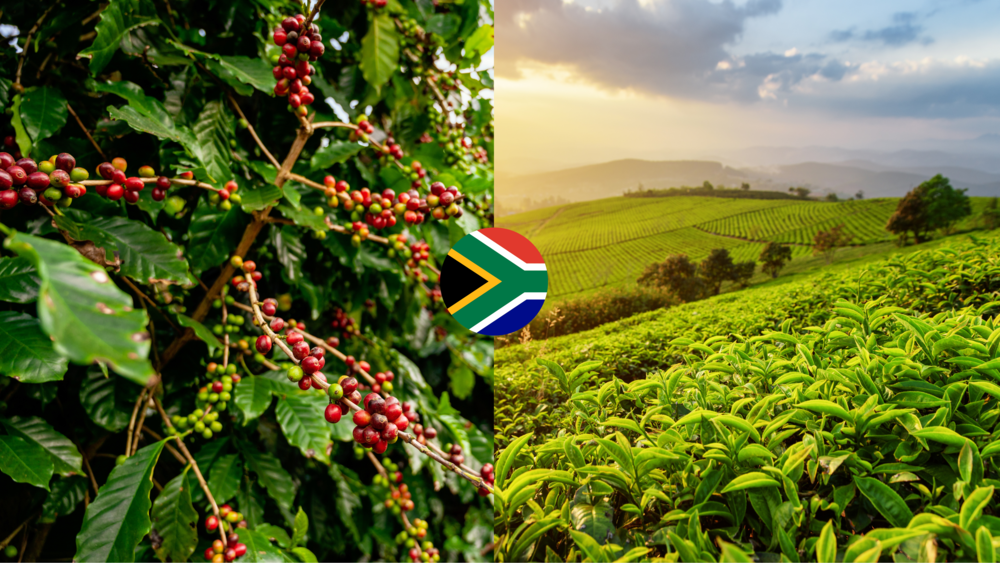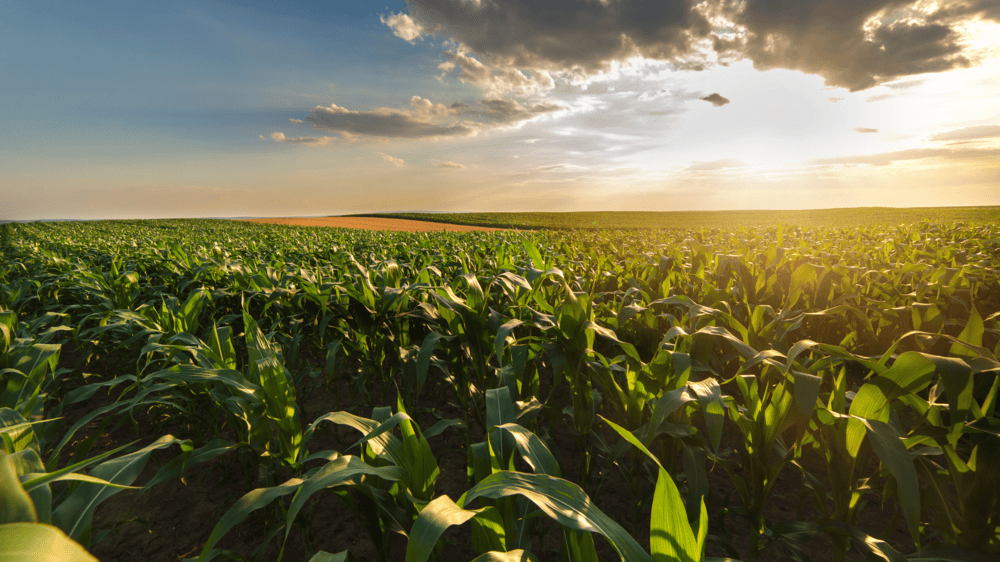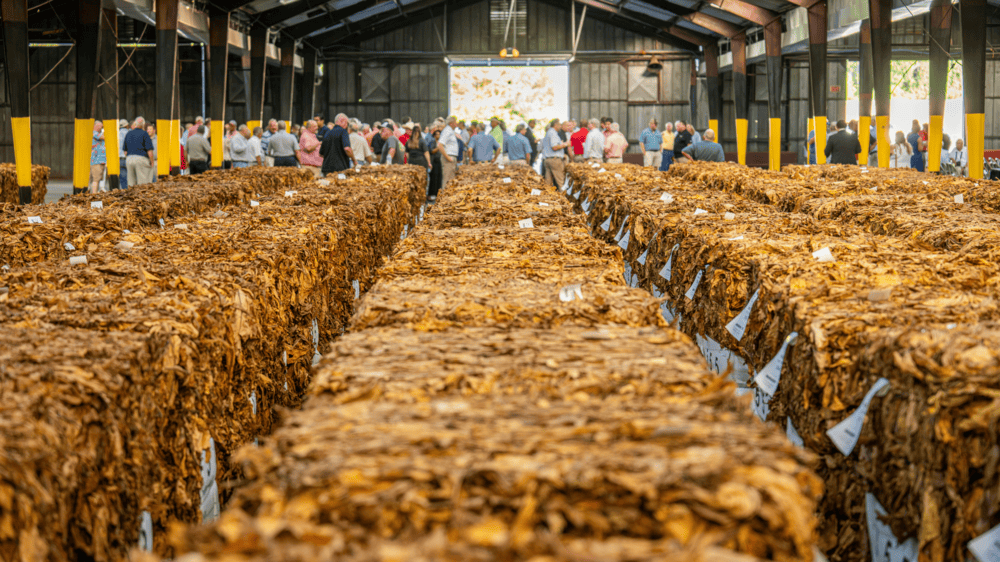Trade in Agricultural Raw Materials and Livestock in South Africa – March 2022
“If you tickle the earth with a hoe she laughs with a harvest.” D Jerrold
The Agricultural raw materials and livestock sector is not identical with the statistical classification of Agriculture in the Value add to GDP calculations, on which this blog will focus. You can read more about the South Africa Trade in Agricultural raw materials and livestock in the 2022 WOW report on this topic.
In statistical presentations on GDP, agriculture is always the first sector to be listed. One can deduce that it represents a very essential substance for survival: food. While this is so, the share of agriculture to GPD has shrunk phenomenally. Worldwide, it declined from a 10.2% GDP contribution in 1960 to a low of 4.1% 2017, with a slight uptick to 4.4% 2020.
Its small share of GDP does not make it less important though. The Ukraine-Russia war underscores this point. Now that these 2 countries are at war and are unable (Ukraine) and unwilling (Russia) to export grain, the ensuing shortages of this commodity will contribute not only to rising food prices but also to the inability of both countries to service their export markets including South Africa.
Another aspect that is becoming a concern, is that with the population having increased from 3.03bn in 1960 to 7.75 billion in 2020, and anticipated to grow to 10 billion by about 2030, the demand for agricultural produce keeps rising, reviving the prediction by Malthus.
Sadly, we have on the one hand hunger and starvation mainly in conflict zones, ascribable to unavailability of food due to strife and conflict in those regions and on the other hand wastage in the developed world becoming a huge concern.
Below is the value chain on Trade in Agricultural Raw Materials and Livestock. We posit that this very high level value chain representation does not do sufficient justice to the importance of agriculture as pointed out in the WOW report.

Agricultural activity is much more complex and very much quint-essential to many inputs which have a home in different GDP classifications including manufacturing and services.
We refer to a few examples which are classified under manufacturing but owe their existence, some almost entirely, to agriculture:
- Chemicals: Fertilizer, pesticides, GM seeds are all manufactured products that serve as input to cultivating food
- Hardware and equipment: Agricultural equipment, implements and tools constitute a significant part of the manufacturing sector
- Financing and Financial services: Direct financing and financial services such as insurance for agricultural application are also nevertheless not a negligible
Furthermore, equally important are downstream economic activities beyond straight agricultural outputs, which find the roots of their existence in agriculture.
- The agro-industrial activities beyond simple processing & packaging and end-user food products undergo major manufacturing before reaching the retail shelves and many agricultural products are converted into additives for other industrial and retail processes.
- In trading and financing, the WoW report expounds on the South African direct trade in agricultural products in insightful and informative detail. Beyond this, there is the big world of derivatives trading and agricultural forward contracts, futures and options contracts, swaps and insurance.
Our denotation of big is informed by the major role of this sub-industry in the functioning of agricultural trade in South Africa and in the world.
One of the well-known exchanges specialising in agricultural contracts was the “Chicago Board of Trade (CBOT)”, established in 1848 to help farmers and consumers manage risks by removing price uncertainty from agricultural products such as wheat and corn. Later, futures contracts on livestock were added.
The need for forward contracts has been recognised globally since then and South Africa is no exception. When farmers purchase their inputs (seeds, fertilizer, etc.) they want to make sure the harvest will produce sufficient income to cover these costs with a profit margin. A forward contract will guarantee the price they will get at harvest time, removing the risk of price fluctuations, and insurance will cover output regardless of weather conditions.
To illustrate the point, in March 2022, CBOT recorded monthly contracts worth 19.25 million futures with a total underlying value of approximately USD 240.6 billion on agricultural produce alone!
The current economic conditions in the world, characterised by persistent supply chain disruptions and the Ukraine-Russia war, will see agricultural price increases follow the oil and gas trend. With food being more essential than oil, we all should give food another thought and revalue the importance of agriculture?
Contact us to access WOW's quality research on African industries and business
Contact UsRelated Articles
BlogCountries Agriculture forestry and fishingSouth Africa
South Africa’s Tea & Coffee Market 2025: Price Shocks, Café Boom & Export Wins
Contents [hide] Anyone who remembers the competition between Betamax and VHS will know that VHS won the day, not because it had better technology. The same phenomenon is evident in...
BlogCountries Agriculture forestry and fishingSouth Africa
The Agribusiness Sector in South Africa
Contents [hide] The South African agribusiness sector is a backbone of the economy, driving growth and providing food security and employment. Who Owns Whom’s report on the agricultural sector in...
BlogCountries Agriculture forestry and fishingMozambique
Tobacco industry in Mozambique – Strategies to revitalise Mozambique’s declining tobacco industry
Contents [hide] The global tobacco market is a double-edged sword. On the one hand, international regulations and health campaigns are intensifying, advocating for healthier lifestyles and discouraging people from using...





